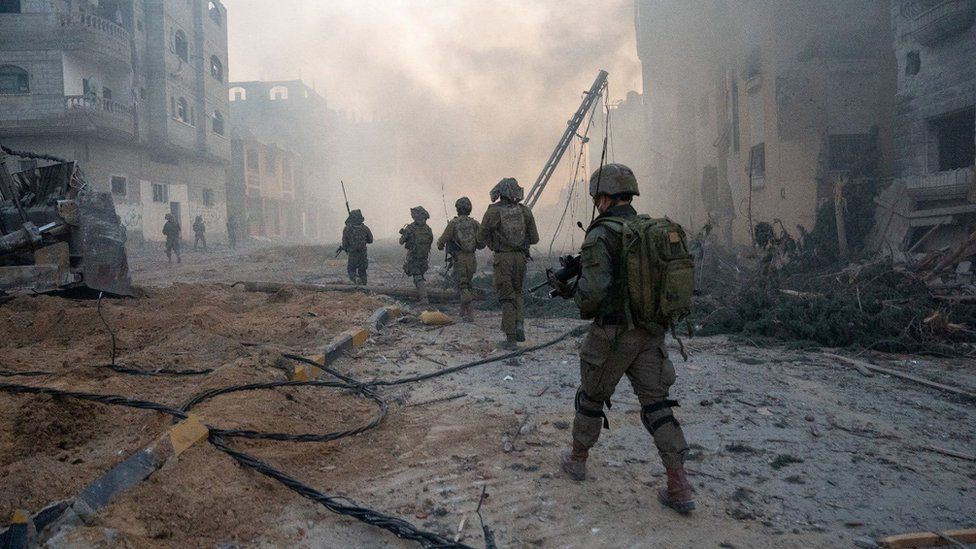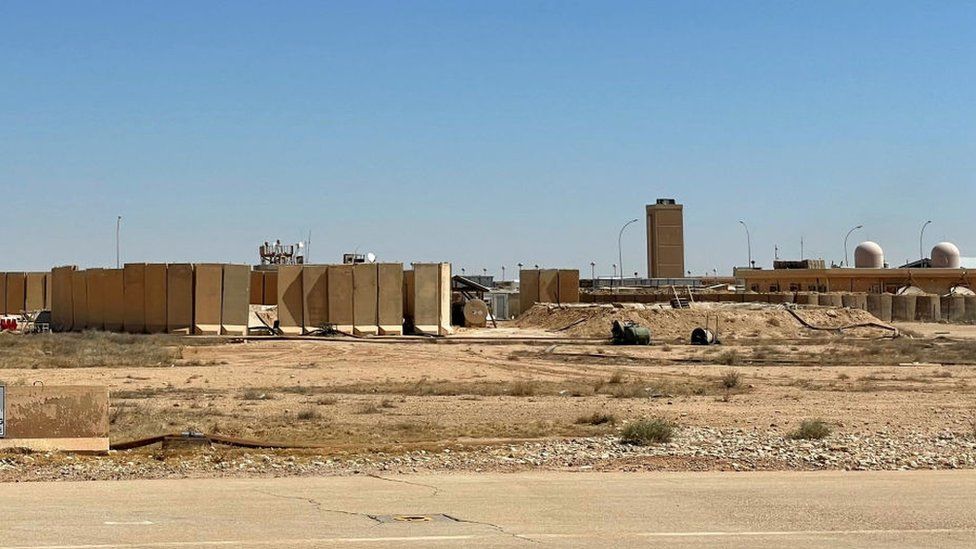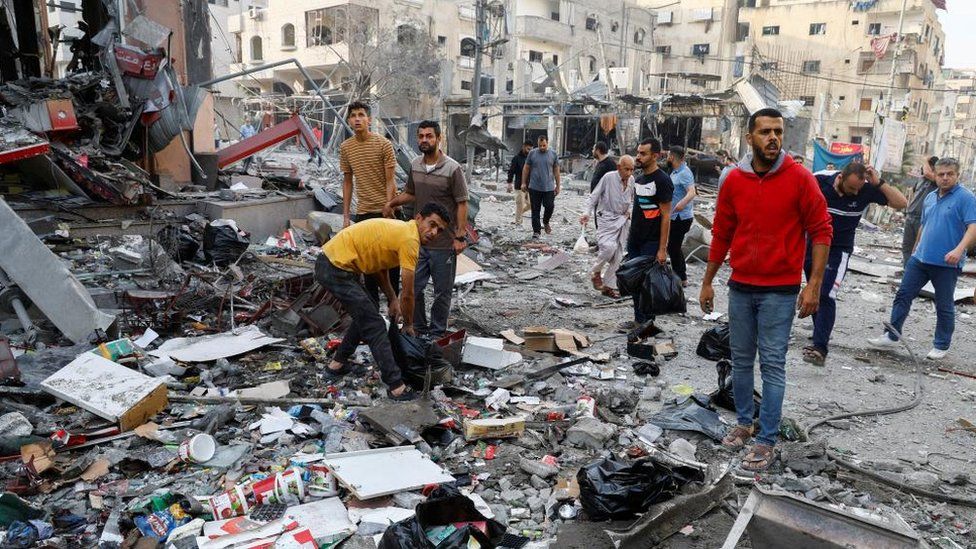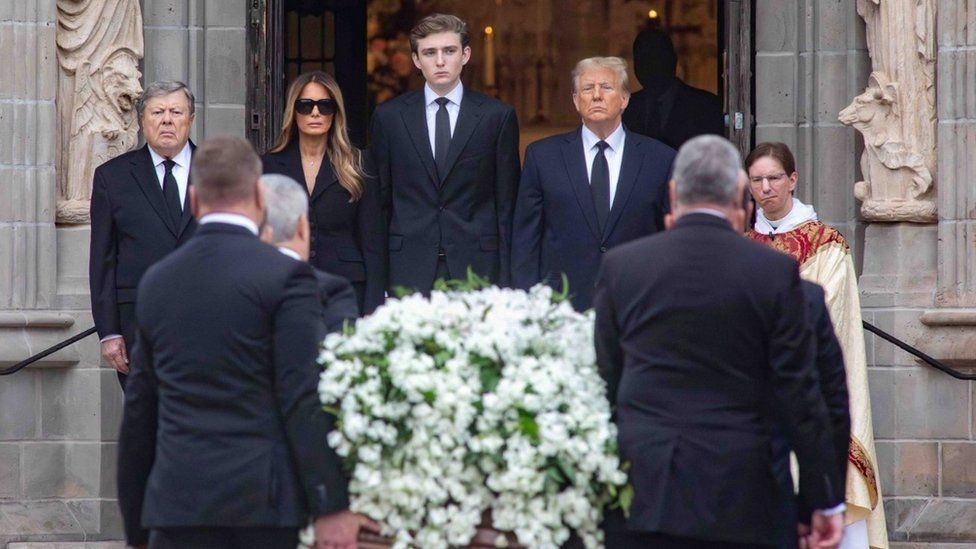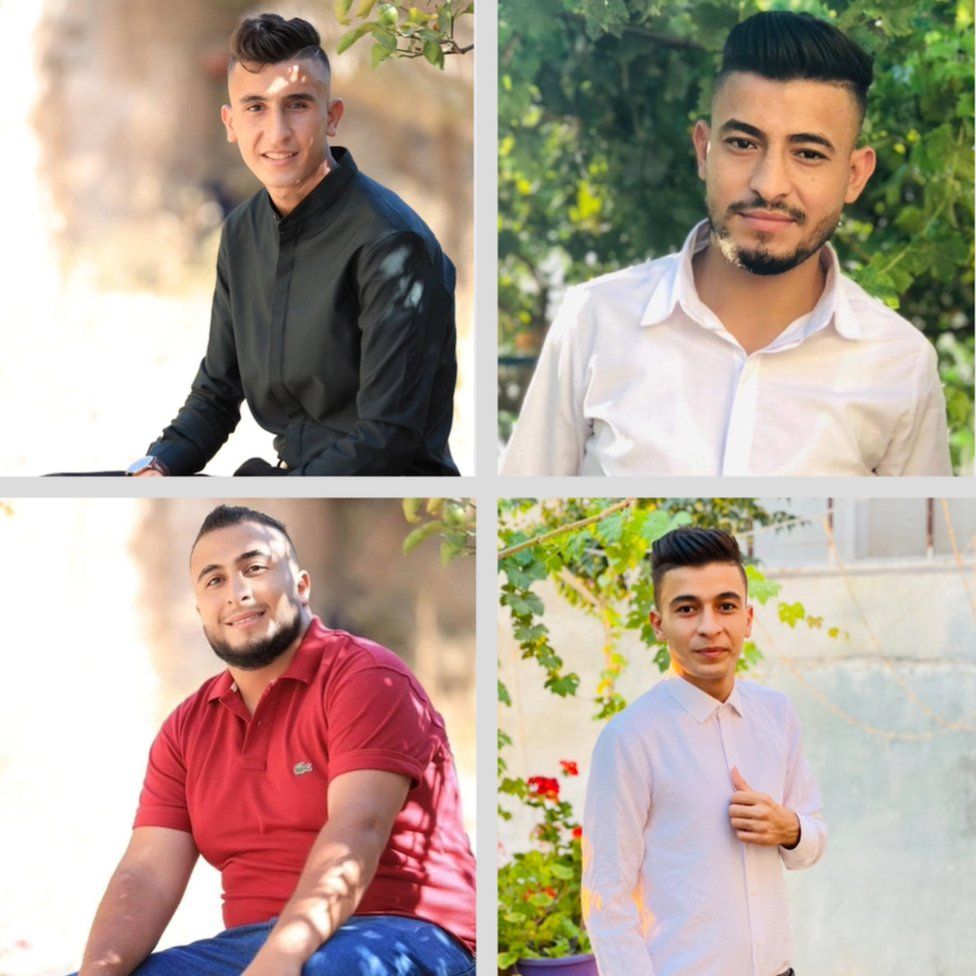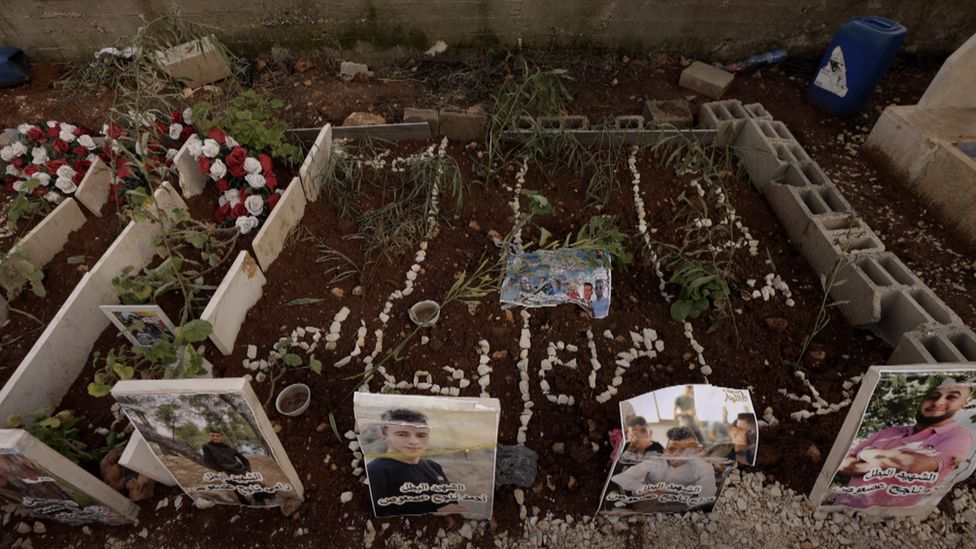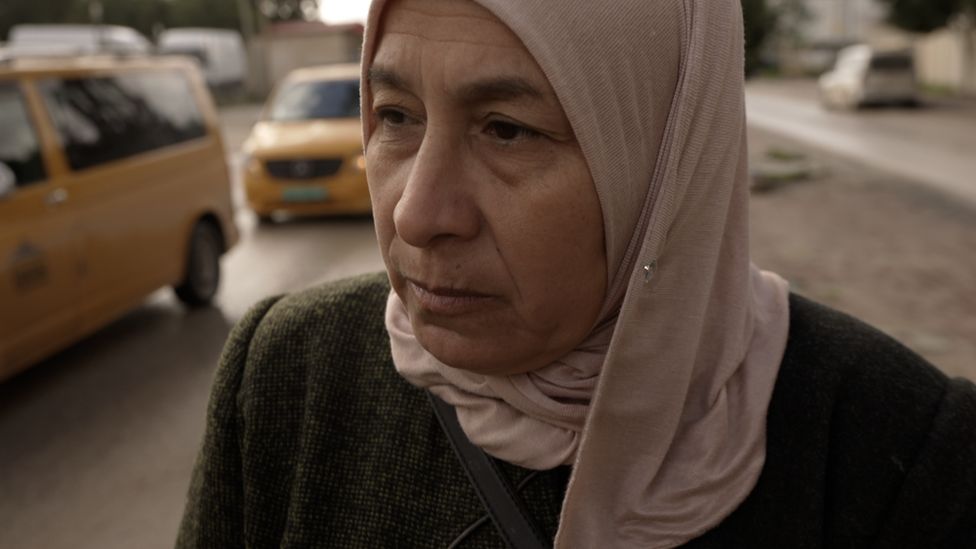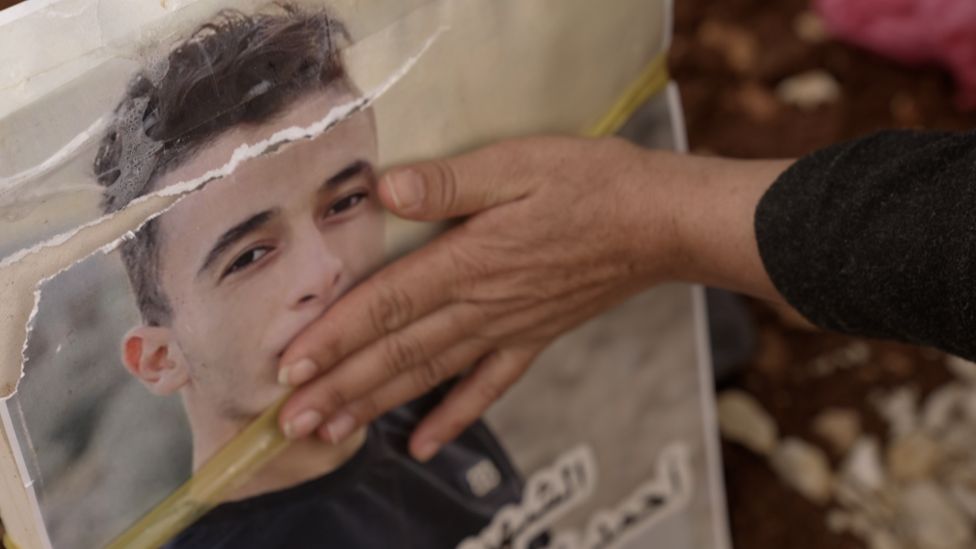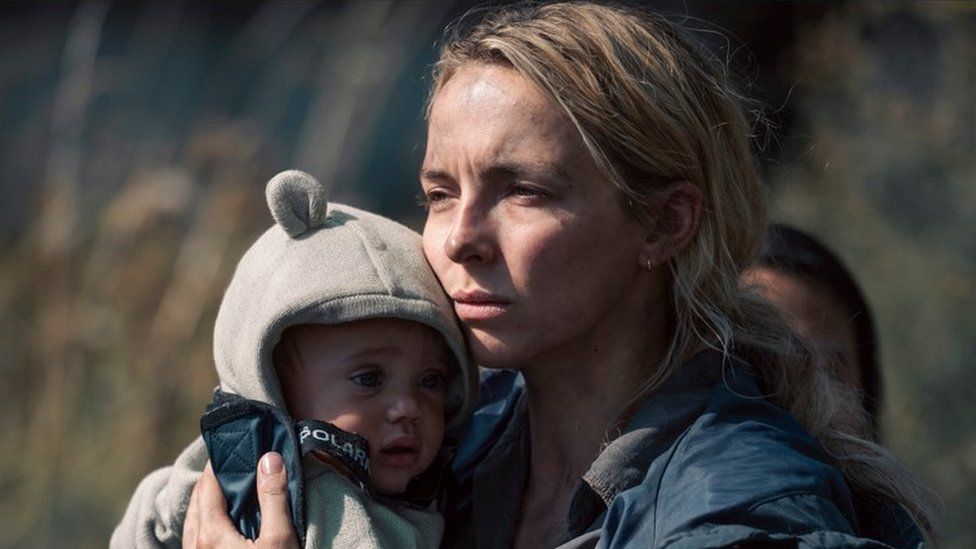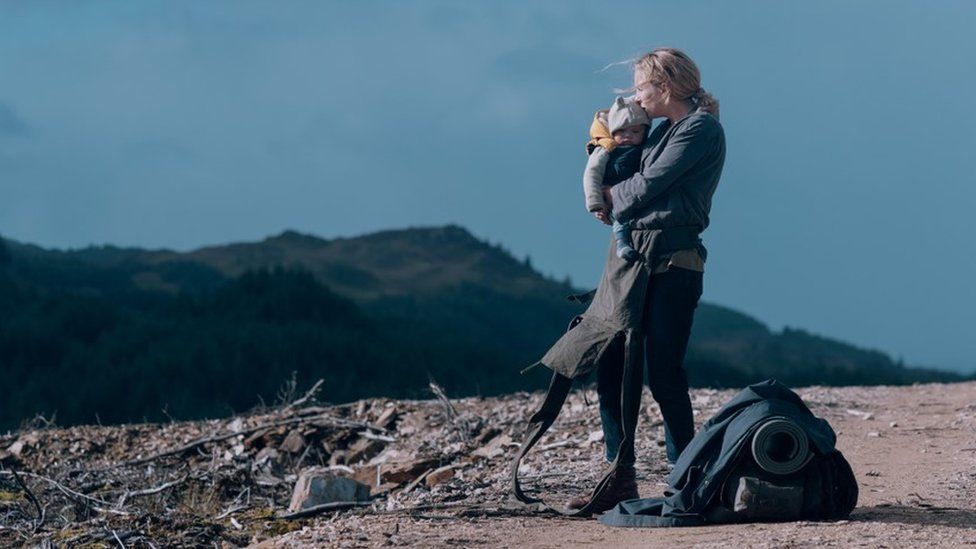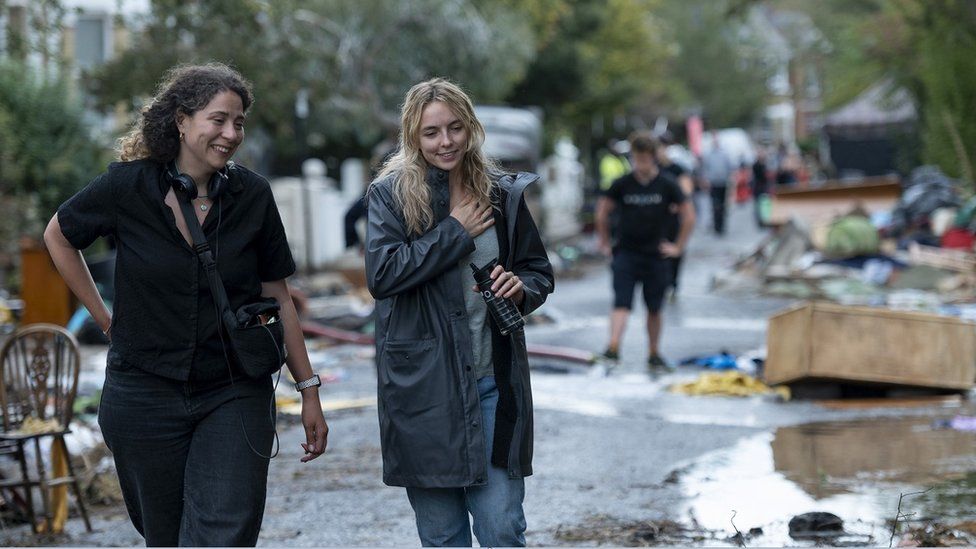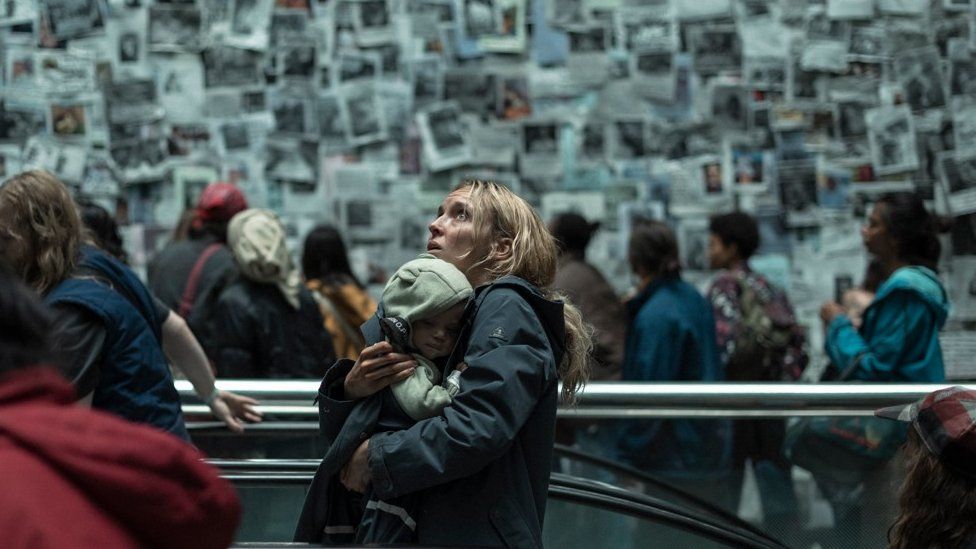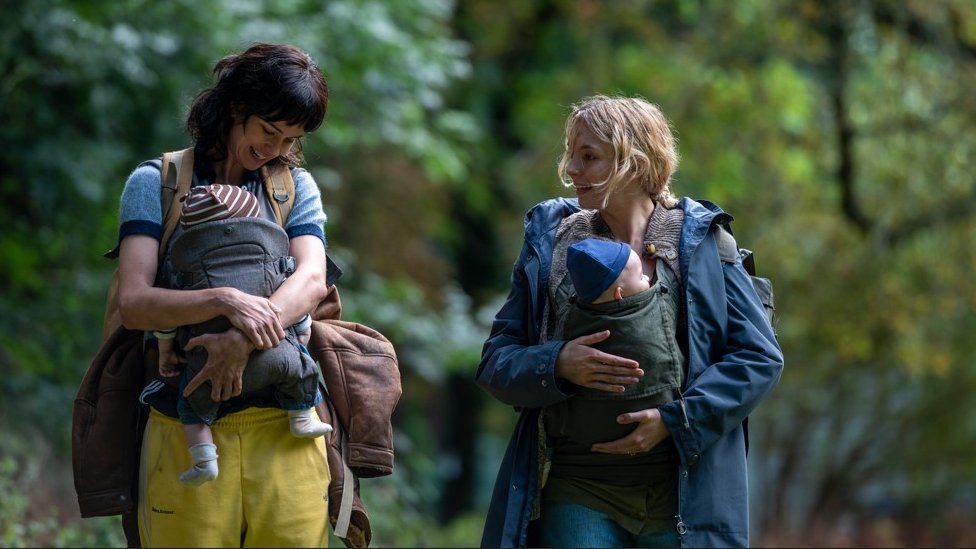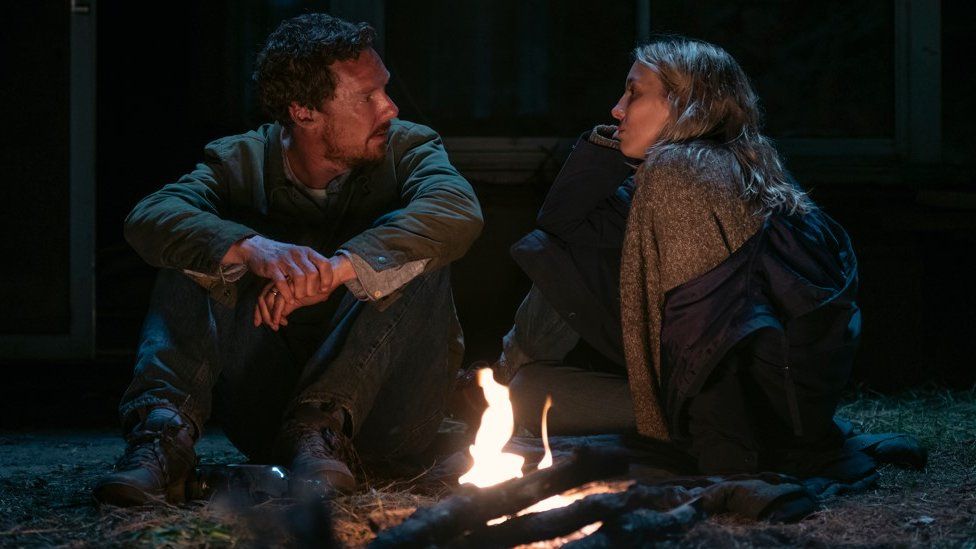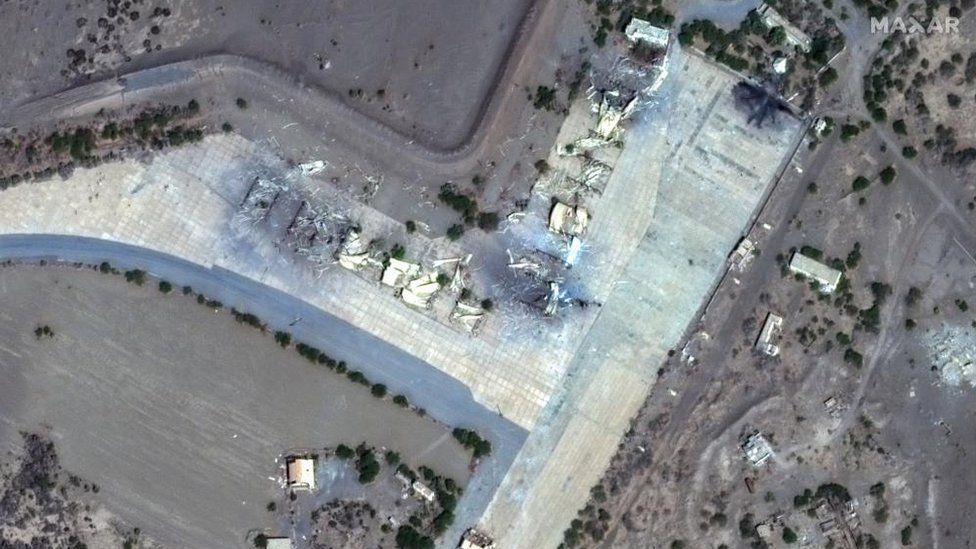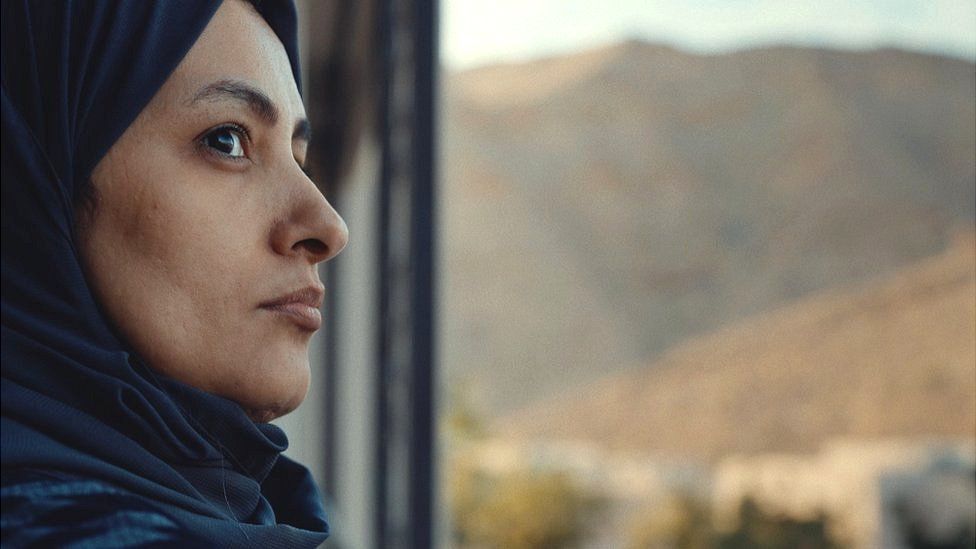
Counter-terrorism training provided by American mercenaries to Emirati officers in Yemen has been used to train locals who can work under a lower profile – sparking a major uptick in political assassinations, a whistleblower told BBC Arabic Investigations.
The BBC has also found that despite the American mercenaries’ stated aim to eliminate the jihadist groups al-Qaeda and Islamic State (IS) in southern Yemen, in fact the UAE has gone on to recruit former al-Qaeda members for a security force it has created on the ground in Yemen to fight the Houthi rebel movement and other armed factions.
The UAE government has denied the allegations in our investigation – that it had assassinated those without links to terrorism – saying they were “false and without merit”.
The killing spree in Yemen – more than 100 assassinations in a three-year period – is just one element of an ongoing bitter internecine conflict pitting several international powers against each other in the Middle East’s poorest country.
The deadly atmosphere has discouraged the permanent return of Yemen’s internationally recognised government. This, it could be argued, has indirectly helped to embolden the Iran-backed Houthis – currently in the news for attacking ships and disrupting trade in the Red Sea. In recent days, Washington has announced that it will now re-designate the group as “global terrorists”.

I have been reporting on the conflict in my native Yemen since it began in 2014. The fighting led to the government losing control of the country’s north to the Houthis – who over the years have become savvier and better equipped.

Yemen’s conflict
- In 2014, rebels known as Houthis belonging to a branch of Yemen’s minority Shia Muslim community seized the capital, Sanaa
- President Abdrabbuh Mansour Hadi set up a temporary capital in the southern city of Aden after fleeing house arrest in Sanaa in February 2015
- Saudi Arabia and eight other mostly Sunni Arab states began an air campaign against the Houthis, whom they claimed were armed by regional rival Iran. The Saudi-led coalition has received logistical support from the US, UK and France
- There have even been clashes between those ostensibly on the same side. In August 2019 fighting erupted in the south between Saudi-backed government forces and an allied southern separatist movement, the Southern Transitional Council (STC), which has accused President Hadi of mismanagement and links to Islamists
- Militants from al-Qaeda in the Arabian Peninsula (AQAP) and the local affiliate of the rival Islamic State group (IS) have taken advantage of the chaos by seizing territory in the south and carrying out deadly attacks, particularly in Aden
- The Houthis have also expanded their own circle of influence – in November 2023 they began carrying out attacks on international shipping routes in the Red Sea

But instead of this establishing greater stability, during my frequent reporting trips at that time I witnessed a wave of mysterious targeted killings, in Yemeni government-controlled southern areas, of Yemeni citizens unconnected to terror groups.
Under international law, any killing of civilians without due process would be counted as extra-judicial.
The majority of those assassinated were members of Islah – the Yemeni branch of the Muslim Brotherhood. It is a popular international Sunni Islamist movement which has never been classified by the US as a terror organisation, but is banned in several Arab countries – including the UAE where its political activism and support for elections is seen by the country’s royal family as a threat to their rule.
Leaked drone footage of the first assassination mission gave me a starting point from which to investigate these mysterious killings. It was dated December 2015 and was traced to members of a private US security company called Spear Operations Group.
I finally met one of the men behind the operation shown in the footage in a restaurant in London in 2020. Isaac Gilmore, a former US Navy Seal who later became chief operating officer of Spear, was one of several Americans who say they were hired to carry out assassinations in Yemen by the UAE.
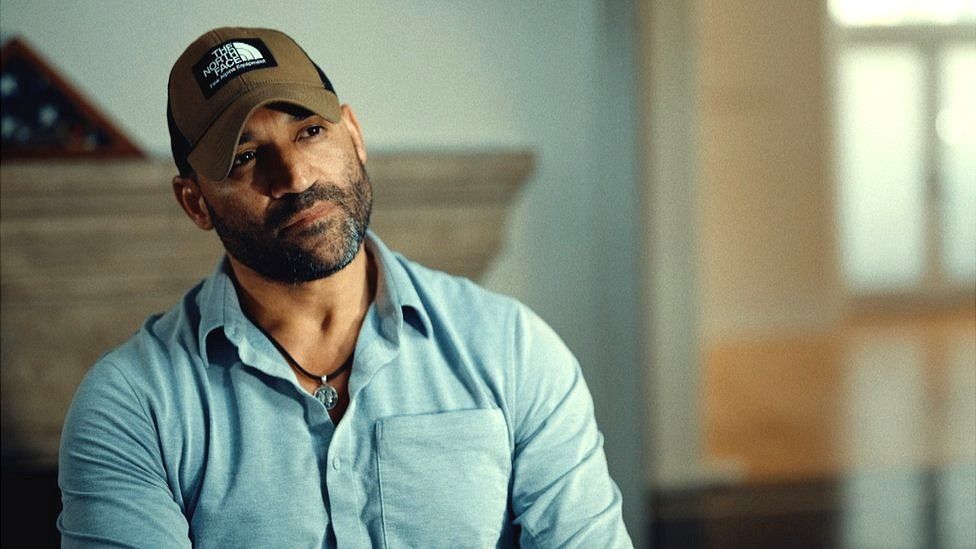
He refused to talk about anyone who was on the “kill list” provided to Spear by the UAE – other than the target of their first mission: Ansaf Mayo, a Yemeni MP who is the leader of Islah in the southern port city of Aden, the government’s temporary capital since 2015.
I confronted Mr Gilmore over the fact that Islah had never been classified as a terrorist organisation by the US authorities. https://merujaksore.com/
“Modern conflicts are unfortunately very opaque,” he said. “We see this in Yemen – one person’s civil leader and cleric, is another person’s terrorist leader.”
Mr Gilmore, and another Spear employee in Yemen at the time – Dale Comstock – told me that the mission they conducted ended in 2016. But the assassinations in southern Yemen continued. In fact they became more frequent, according to investigators from the human rights group Reprieve.
They investigated 160 killings carried out in Yemen between 2015 and 2018. They said the majority happened from 2016 and only 23 of the 160 people killed had links to terrorism. All the killings had been carried out using the same tactics that Spear had employed – the detonation of an improvised explosive device (IED) as a distraction, followed by a targeted shooting.
The most recent political assassination in Yemen, according to Yemeni human rights lawyer Huda al-Sarari, happened just last month – of an imam killed in Lahj by the same method.
Mr Gilmore, Mr Comstock, and two other mercenaries from Spear who asked not to be named, said that Spear had been involved in training Emirati officers in the UAE military base in Aden. A journalist who asked to remain anonymous also told us he had seen footage of such training.
The mercenaries would not go into detail about what it had entailed, but a senior Yemeni military officer from Aden, who worked directly with the UAE himself, gave me more details.
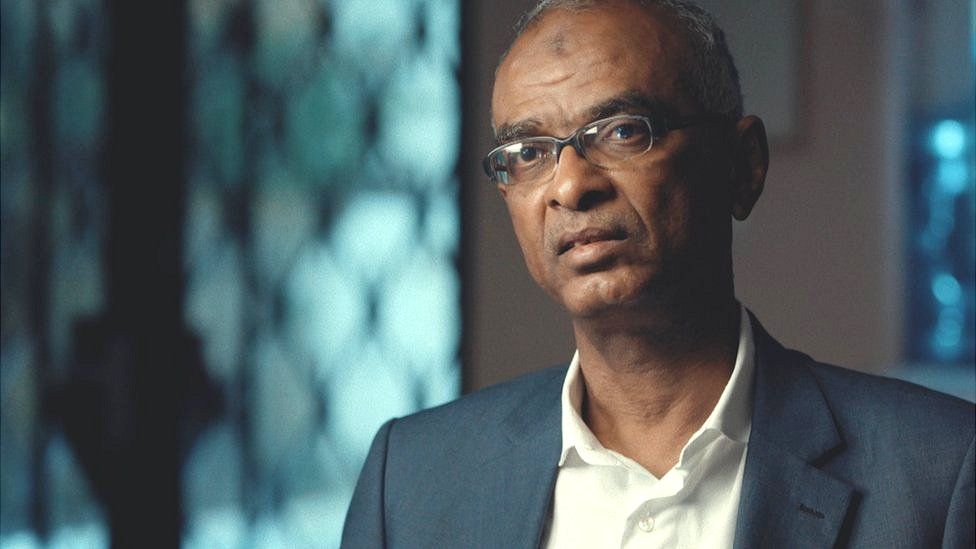
As the mercenaries’ profile had made them conspicuous in Aden and vulnerable to exposure, their brief had been changed to training Emirati officers, “who in turn trained local Yemenis to do the targeting”, the Yemeni military officer told me.
Through the course of the investigation, we also spoke to more than a dozen other Yemeni sources who said this had been the case. They included two men who said they had carried out assassinations which were not terror-related, after being trained to do so by Emirati soldiers – and one man who said he had been offered release from a UAE prison in exchange for the assassination of a senior Yemeni political figure, a mission he did not accept.
Getting Yemenis to conduct the assassinations meant it was harder for the killings to be traced back to the UAE.
By 2017, the UAE had helped build a paramilitary force, part of the Emirati-funded Southern Transitional Council (STC), a security organisation that runs a network of armed groups across southern Yemen.
The force operated in southern Yemen independently of the Yemeni government, and would only take orders from the UAE. The fighters were not just trained to fight on active front lines. One particular unit, the elite Counter Terrorism Unit, was trained to conduct assassinations, our whistleblower told us.
The whistleblower sent a document with 11 names of former al-Qaeda members now working in the STC, some of whose identities we were able to verify ourselves.
